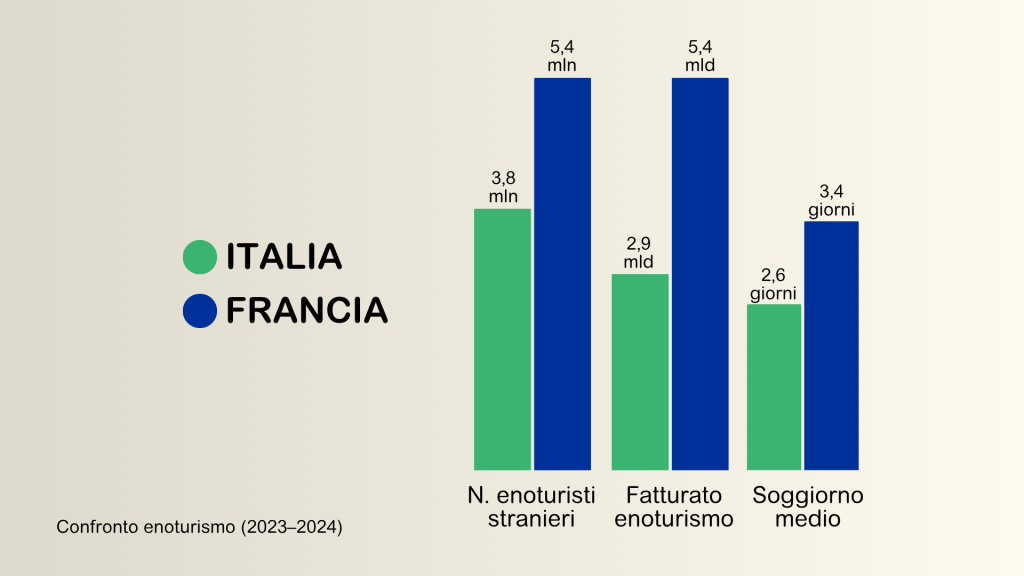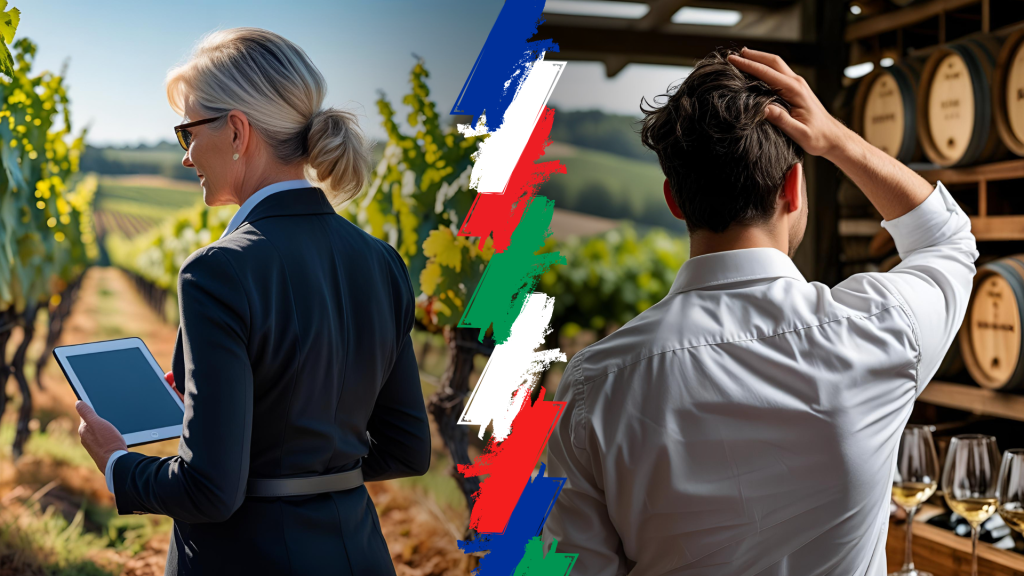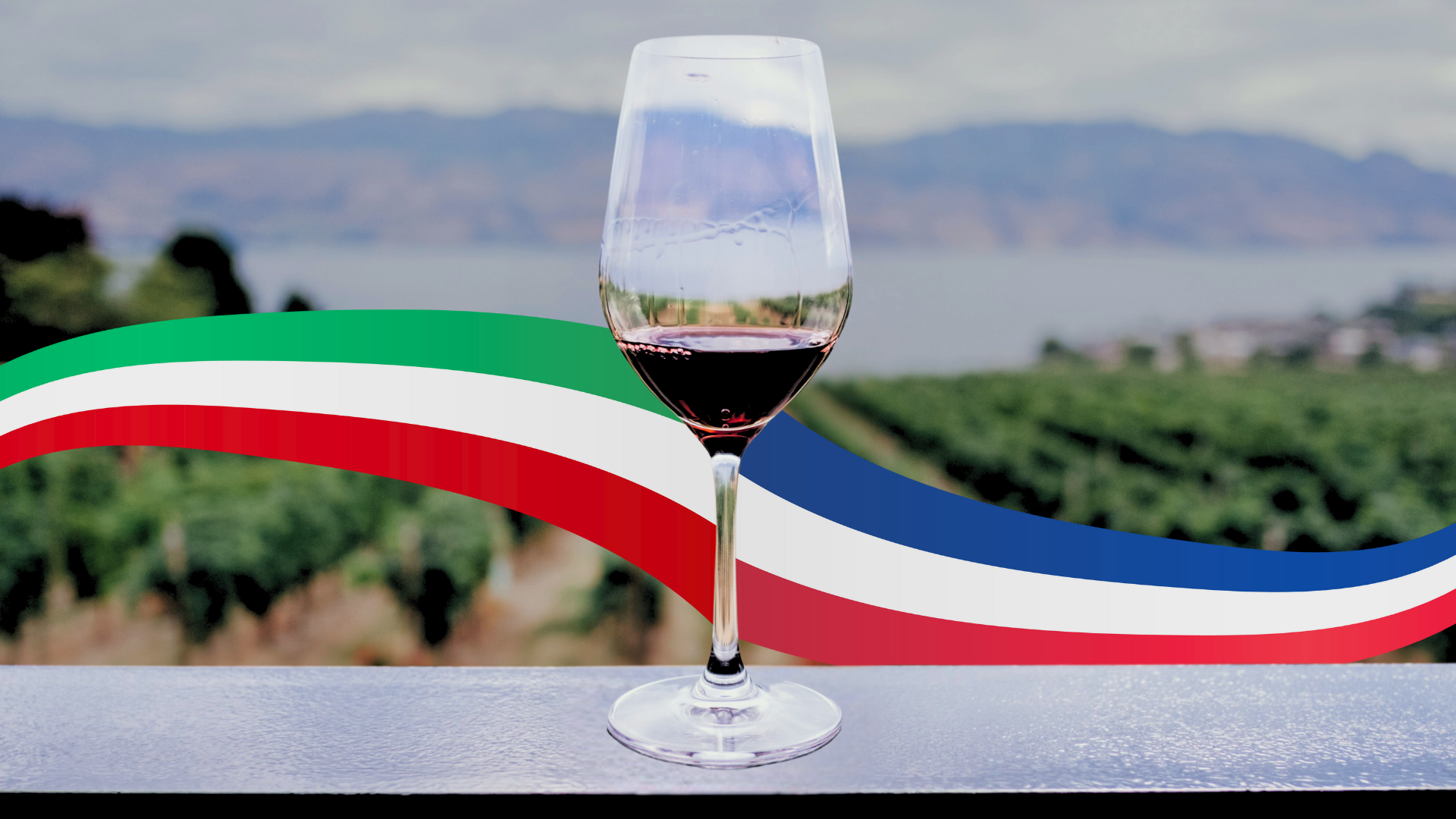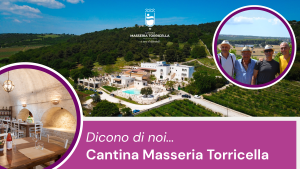Wine tourism is no longer an optional extra, but a strategic component for the wine sector. Some have already seized this opportunity, while others still struggle to recognize its value. This is not a criticism, but a fact that deserves attention.
According to the Ismea Report on Wine Tourism in Italy, 64.5% of tourists in Italy have chosen to enjoy a wine tourism experience in the last three years¹. A figure, therefore, not to be underestimated.
What is often considered a marginal activity in Italy can, however, be a distinctive and strategic choice in building direct relationships with customers, with a more practical focus on shaping the winery’s identity.
A steadily growing sector
Wine tourism is a sector that generated nearly 3 billion euros in Italy in 2024², marking a pivotal moment for the post-Covid consolidation of the reference market. One-third of the economic growth in this market was driven by foreign wine tourists—an audience that must be protected and expanded. The main markets, according to the study conducted by the Direct From Italy Observatory, are undoubtedly Germany, the United States, Austria, Switzerland, the United Kingdom, and France³. However, the average stay is shorter compared to other European countries, with a lower per capita expenditure.
In France, by contrast, there are over 10 million wine tourists per year, and this has been made possible thanks to a consistent effort, a systematic strategy, and strong coordination between regions, tourism boards, and the wine industry supply chains.
The French wine tourism sector is worth 5.4 billion euros, almost double that of Italy⁵.

First know, then make the strategy
It’s easy, however, to blame external bodies, institutions, and other players. In Italy, there are not many hospitality models comparable to the French ones, which focus on the quality of the experience offered. French wineries have been able to seize the opportunity, transforming the brand into an experience driver, where wine is just one element of a narrative that involves landscape, history, art, and gastronomy.
The foreign wine tourist seeks pleasure, experience, and knowledge. France knows this, and sells it very well.
Some key elements
A cornerstone of the sector in France is the hospitality manager, a figure with specific academic training. In fact, France has launched numerous university courses and master’s programs dedicated to wine tourism: among the most well-known are those at the University of Bordeaux⁶ and Dijon⁷. But the digitization of the sector is also part of France’s success: nearly 70% of wine tourism experiences can be booked online⁸.
Do you notice any differences?

Italy has potential, but it is wasting it
Italy, it must be highlighted, has something no other country can replicate: a unique variety of territories, native grape varieties, historic villages, and a food culture seamlessly integrated with wine like no other.
Unfortunately, however, digitalization in these contexts is still in development, hindered by resistance from those opposed to a more tech-driven sector that remains deeply tied to its origins.
The international demand exists. Italian wine is loved, respected, and sought after. But without a well-crafted, professional, and marketable experiential offering abroad, there is a risk of remaining mere folklore.
The time for improvisation is over: wine tourism is a strategic lever, not a pastime.
¹ ISMEA – Rapporto Enoturismo 2024, presentato a Vinitaly 2024.
Link: https://www.ismea.it/flex/cm/pages/ServeBLOB.php/L/IT/IDPagina/12838 (consulted on July 31, 2025).
² Nomisma per Città del Vino – Valore potenziale dell’enoturismo in Italia, aprile 2024.
Link: https://cittadelvino.com/wp-content/uploads/2024/05/240408-Nomisma_1-Valore-potenziale-enoturismo-in-Italia.pdf
³ Direct From Italy – Dati e analisi sull’enoturismo 2024, con focus su mercati esteri e vendite dirette di vino. Link: https://www.directfromitaly.it/vendita-vino-vendita-vino-estero-vendita-diretta-vino-d2c-dati-enoturismo-2024/ (consulted on July 31, 2025).
⁴ Enoturismo 2024, presentato a Vinitaly 2024.
Link: https://www.ismea.it/flex/cm/pages/ServeBLOB.php/L/IT/IDPagina/12838 (consulted on July 31, 2025).
⁵ Atout France – Report Enoturismo 2023.
Link: https://www.atout-france.fr/etudes-et-chiffres (consulted on July 31, 2025).
⁶ Université de Bordeaux – Master Œnotourisme. Course details and program.
Available at: https://www.u-bordeaux.fr/formation/master-oenotourisme (consulted on July 31, 2025).
⁷ Université de Bourgogne (Dijon) – Master Œnotourisme et Gestion des Vins. Informazioni ufficiali sul percorso formativo.
Available at: https://www.u-bourgogne.fr/formation/master-oenotourisme (consulted on July 31, 2025).
⁸ Atout France – Baromètre de l’Œnotourisme 2023. Report con dati sulla digitalizzazione e prenotazioni online nel settore enoturistico francese.
Disponibile su: https://www.atout-france.fr/fr/etudes-et-chiffres/etudes (consulted on July 31, 2025).




